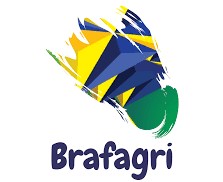Admission procedure
1. Think about your study project at ENGEES thanks to our training catalog
Do not hesitate to contact us if you need help or if you have any questions.
2. Apply to the department in charge of international relations at your institution.
3. Your institution officially appoints you.
4. We will contact you after your appointment to explain the application process
We will need a CV, a letter of motivation, your transcripts from previous years and a language certificate. You must submit your complete application before May 5 for a September start and November 15 for a February start.
5. You will be notified of your final decision by May 31 or December 31.
Download our Factsheet to get more information
Services reserved for ENGEES mobility students
- Reservation of a room in a university residence.
- First meeting with the international relations officer.
- Official presentation to the graduating class, in a lecture hall.
- Reinforced assistance in the search for an internship.
- Organization of cultural events.
- French courses (French as a foreign language (FLE) courses integrated into the curriculum or preparatory courses (paying) before the start of the university year)
Teaching and evaluation methods
At ENGEES, three types of courses are offered by the teachers in order to acquire solid theoretical knowledge that is deepened through practical application.
- Lectures (CM): the entire class meets in an amphitheater and the teacher gives a lecture The content of these courses is essential to the success of the final evaluations.
- Tutorial and practical work : application of theoretical knowledge, generally in the form of exercises, in a smaller group of students in order to facilitate communication with the teacher.
- Projects: Missions led by a group of students, under a teacher’s guidance
At ENGEES, each evaluation is marked out of 20. Evaluation is carried out throughout the year in the form of exams, practical work reports, projects restitutions
![[Translate to Anglais:] [Translate to Anglais:]](/fileadmin/user_upload/International/pexels-polina-zimmerman-3747527.jpg)





